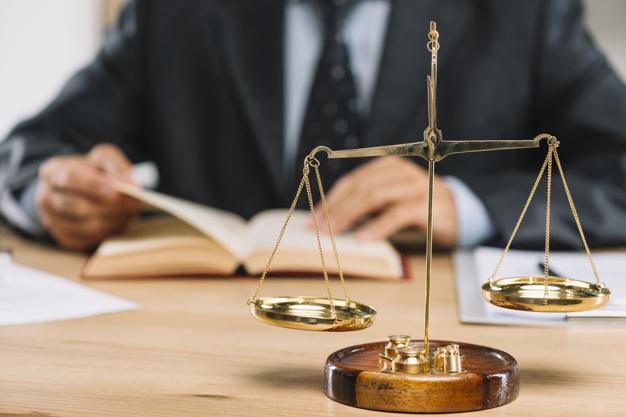The breach of condition of release is a sufficient reason to revoke the release. To revoke bail upon violation of reasonable condition of release, it is not necessary that the court be granted authority by a specific statute. The reason is that a court having criminal jurisdiction has the power to enforce its orders as to bail just as it has control over other orders. Law provides that bail may be revoked entirely if the court finds that the accused has been charged with a felony against a person for which, after bail revocation hearing Brampton, probable cause is found.
Court has the inherent power to revoke a defendant’s bail
A court has the inherent power to revoke a defendant’s bail in order to protect its processes and the community. While bail is granted in the ordinary course of events, an accused by his or her actions can forfeit his or her right to bail and a court is under a duty to protect its processes and to protect prospective witnesses. The inherent power to revoke a defendant’s bail may extend to custody in advance of trial when the court’s own processes are jeopardized by threats against a government witness. The inherent power should be exercised, however, only in an extreme or unusual case. Courts have the inherent power to confine the defendant in order to protect future witnesses at the pre-trial stage as well as during trial. Criminal lawyer Brampton at Saggi Law Firm will be available to you 24 hours a day, seven days a week as needed.
- Intimidated or harassed a victim or potential witness;
- Repeatedly violated conditions of release;
- Violated conditions of release which constitute a threat to the integrity of the judicial system;
- Failed to appear at a time and place ordered by a judicial officer; or
- In violation of a condition of release,
Getting released on bail can be complicated and costly, but at least you’re out of jail at the end. This freedom comes with a lot of strings attached: If a defendant violates bail conditions, fails to show up in court, or gets arrested again, bail is almost always revoked, which means the defendant is taken into custody. After revocation comes forfeiture of the bail money or bond. So, the defendant loses his freedom and might possibly lose his money. If a defendant’s violation is explainable, there’s a chance that forfeiture can be set aside.
If a defendant “jumps bail” or fails to appear, bail will be revoked
At that point, the defendant has lost the right to be free before trial. The court can issue an arrest warrant for the failure to appear (FTA). In most states, failing to appear is a crime. So, the defendant who jumps bail ends up with the original criminal charge plus an additional FTA criminal charge. The warrant remains active until the defendant’s capture.
Both federal and state courts have procedures for revoking bail. In federal court, the Bail Reform Act controls the process. If a defendant commits a crime while out on bail, there’s a presumption that no conditions of release can keep the community safe. The defendant is given an opportunity to rebut or overcome the presumption, but he does not get a full-blown trial. It’s up to the judge to decide whether to revoke bail completely or impose new or additional conditions of release.
Along with bail revocation, other penalties under the Act for violating release conditions or failing to appear include bond forfeiture, fines, and additional prison time, which is tacked on to the end of any other prison time received by the defendant. Brampton criminal lawyer will ensure to raise the best defense for your case. We are experienced criminal defence attorney in Brampton, fighting for your rights.
Bail revocation hearing Brampton process in state courts
State laws vary as to the bail revocation process. Nevertheless, all state laws allow for revocation of bail if a defendant violates a condition of release, fails to appear, or commits another crime while on bail. States also vary as to the prosecutor’s burden of proof when arguing for revocation: Some states require proof that meets the familiar “preponderance of the evidence” standard; whereas others employ the more stringent “probable cause to arrest” test.




